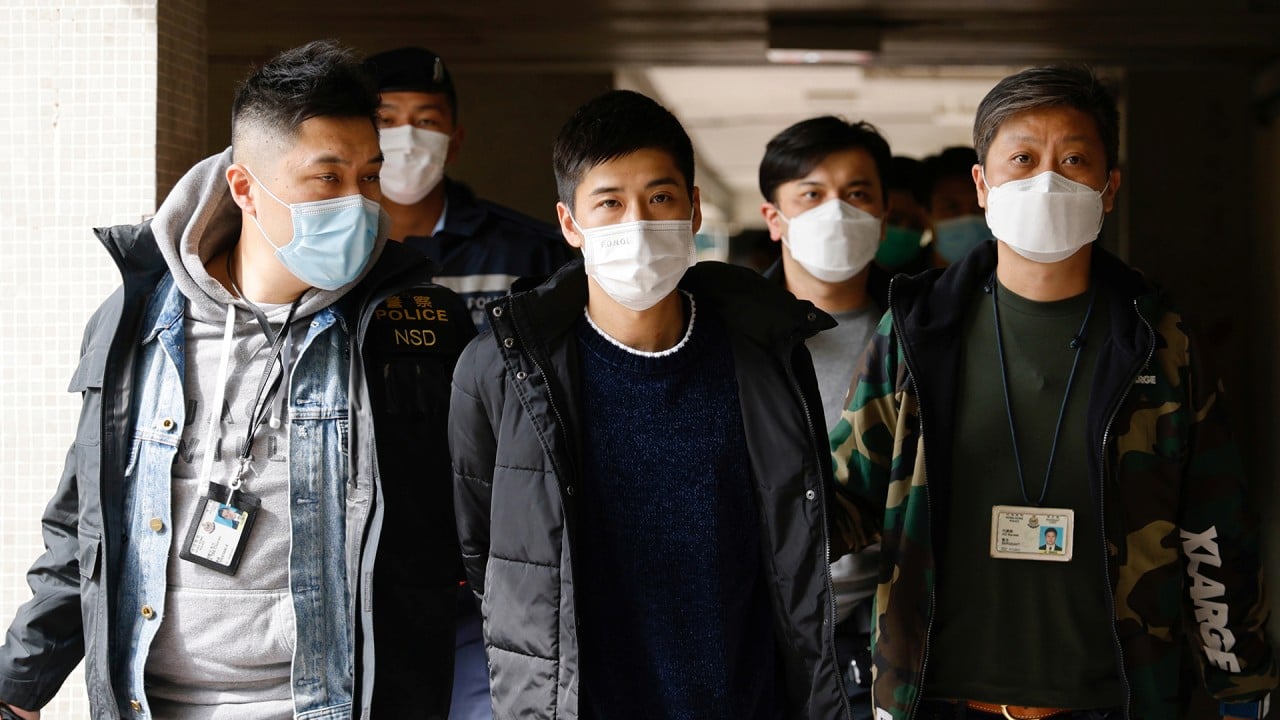
Mass arrests point to Hong Kong’s quickening transition to a second-tier Chinese city
- Hong Kong officials deny there is any erosion of promised rights and contend their actions are not political. But their fighting words are those of a government intent on breaking from the wider world
Foreign governments and monitoring groups, like most Hongkongers, know that what is going on in the name of protecting China’s safety is not normal.
Their alleged crime? According to the authorities, they had intended to “seize the ruling power” of Hong Kong.

03:04
Mass arrests of Hong Kong opposition lawmakers, activists under national security law
If winning seats in a freely held election so that the people who voted for successful candidates can get a greater say in the running of their city is subversion, my understanding of the democracy promised to Hong Kong is deeply flawed.
After mainland China, the EU and the US are Hong Kong’s biggest trading partners. Foreign businesses in the city, through the location of their Asian headquarters and offices, their employment of local staff and their investment, are an important factor in Hong Kong’s claim to be a “world city”.
But that term also means abiding by internationally recognised rules and standards. Hong Kong officials deny that there is any erosion of promised rights and contend their actions are not political but are about upholding laws.
“We will not be intimidated by threats of sanctions by overseas governments; nor will we shy away from condemning foreign or external forces that have flagrantly interfered in Hong Kong‘s affairs,” a statement ended.

01:24
Hong Kong leader Carrie Lam says she gets around sanctions by collecting her salary in cash
These are not the words of friends or partners but of a government intent on breaking from the wider world. That has been going on for some time if the city’s slide down annual global rankings is any guide.
Before the national security law was introduced, I still had hope for the city. But in the wake of mass arrests, often on what appear to be spurious grounds, the rabid hubris of officials here and in Beijing, and the lack of awareness of the importance of diplomatic language, I am fast rethinking my position.
Peter Kammerer is a senior writer at the Post

